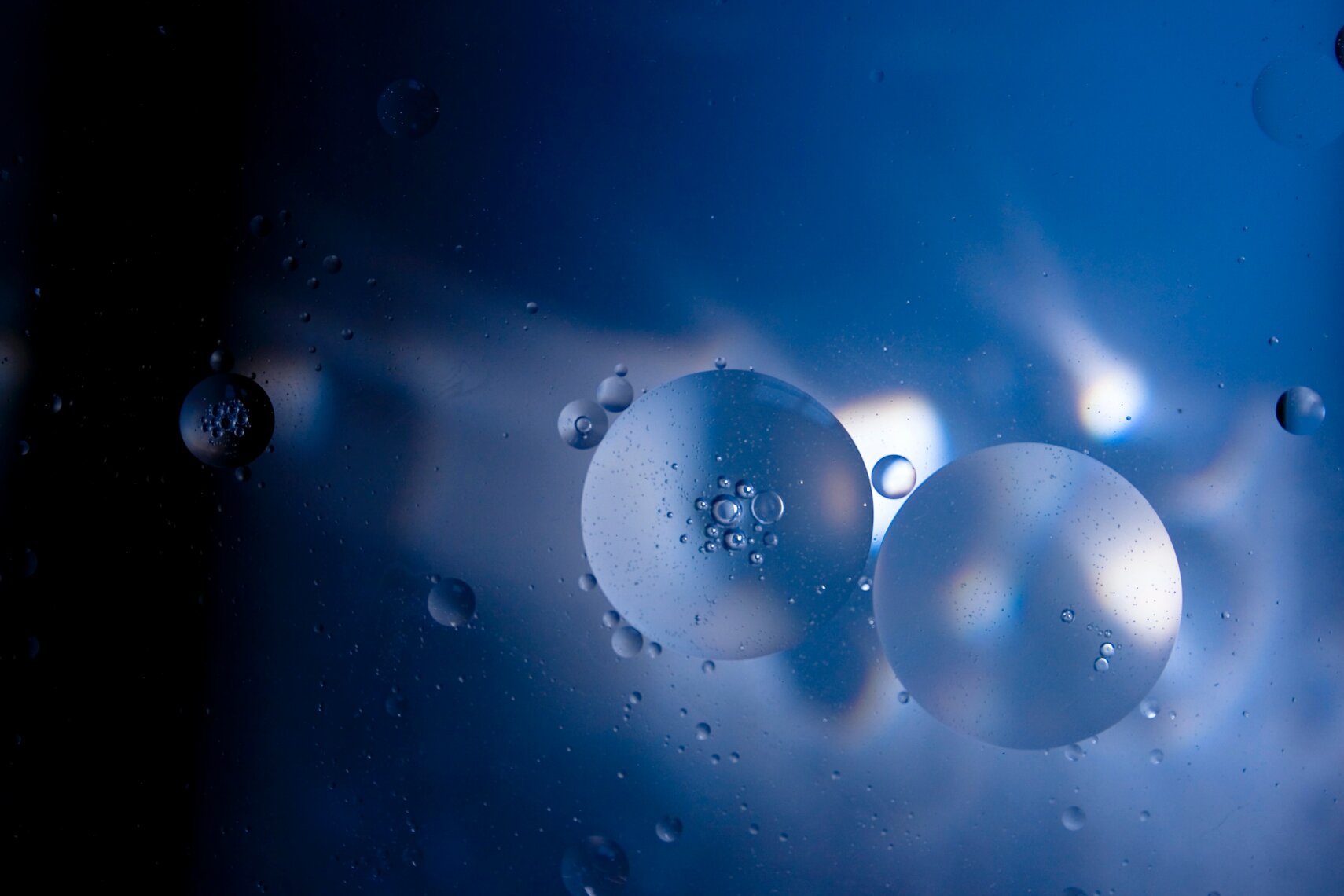 What’s the Difference Between Collagen Peptides and Hydrolyzed Collagen?
What’s the Difference Between Collagen Peptides and Hydrolyzed Collagen?
Polypeptide
A polypeptide is a specific type of peptide chain characterized by its composition of 10 or more amino acids, with an upper limit of no more than 50 amino acids in a single chain. Collagen, a vital protein in the human body, is an excellent example of a very long polypeptide chain. The length of collagen’s polypeptide chains contributes to its structural integrity and unique properties.
One essential process that involves collagen is hydrolysis, which breaks down these long polypeptide chains into shorter peptides. This hydrolysis process plays a crucial role in making collagen more soluble, allowing it to dissolve easily in cold water. This enhanced solubility is particularly valuable in the production of collagen supplements, as it ensures that the collagen can be readily incorporated into various beverages and foods, providing individuals with a convenient and effective way to benefit from its many advantages. Understanding the concept of polypeptides and their role in collagen’s solubility highlights the importance of hydrolysis in collagen processing and supplementation.
 What’s the Difference Between Collagen Peptides and Hydrolyzed Collagen?
What’s the Difference Between Collagen Peptides and Hydrolyzed Collagen?
 What is Bone Health and How Can Collagen Peptides Support It?
What is Bone Health and How Can Collagen Peptides Support It?
 Collagen Peptides: Support Your Skin the Nutritional Way
Collagen Peptides: Support Your Skin the Nutritional Way
 Does Ethnicity Affect How Our Skin Ages?
Does Ethnicity Affect How Our Skin Ages?



